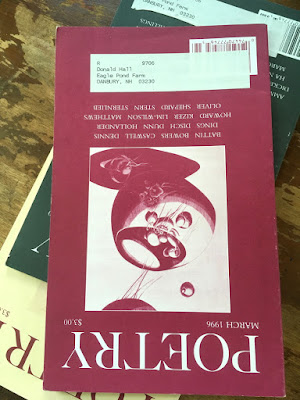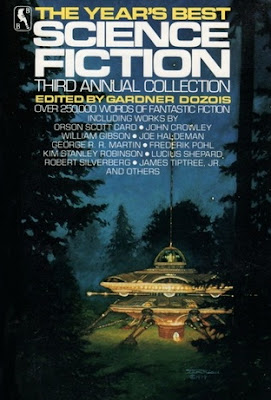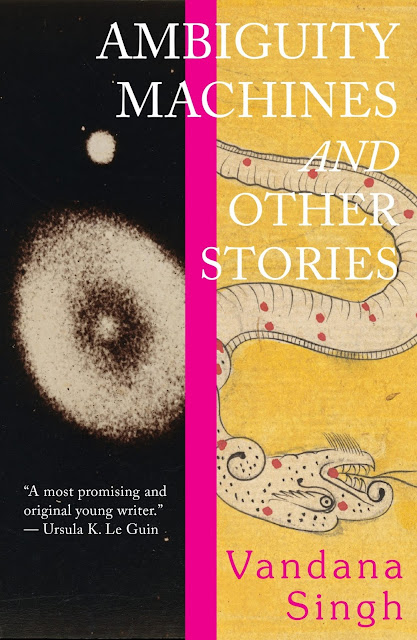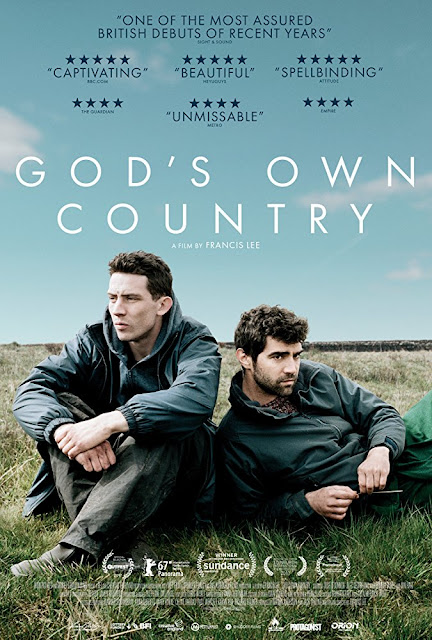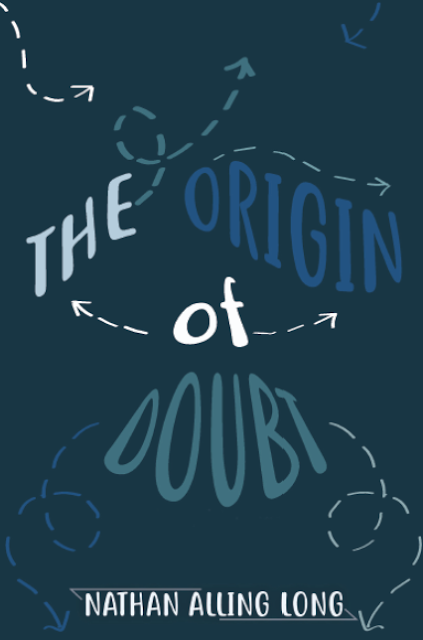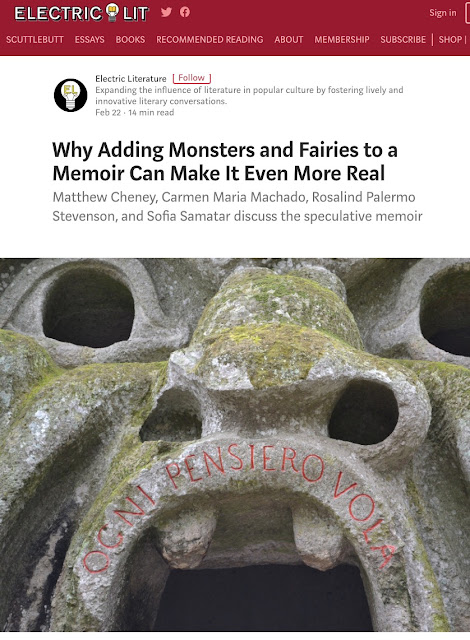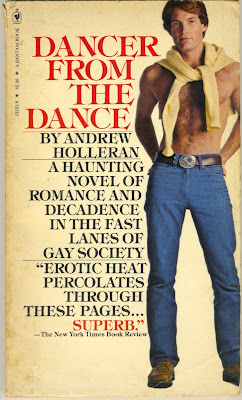On William Plomer for The Modernist Archives Publishing Project
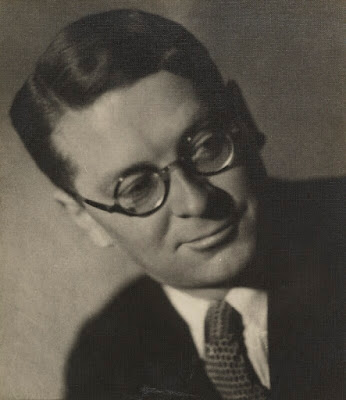
The Modernist Archives Publishing Project ("a critical digital archive of early twentieth-century publishing history") has now published a biography/bibliography I wrote about William Plomer , the man who, among other accomplishments, links Virginia Woolf and James Bond. Back in 2015, I wrote here about Plomer's little-known novel The Invaders , and that post explores what most fascinates me about Plomer: his reticence and, honestly, his failure. As I said in the MAPP bio, The Invaders is a story of class conflicts and homosexuality, though the presentation of the latter was so quiet that one of the directors of Jonathan Cape, Rupert Hart-Davis, complained of the protagonist in one scene, “You don’t say, and hardly even infer, whether they went to bed together or not,” but Plomer refused to be more explicit (Alexander 194). When the novel was published, E.M. Forster wrote a letter to Plomer criticizing the ambiguity, which he admitted he felt was a failure in his ...




